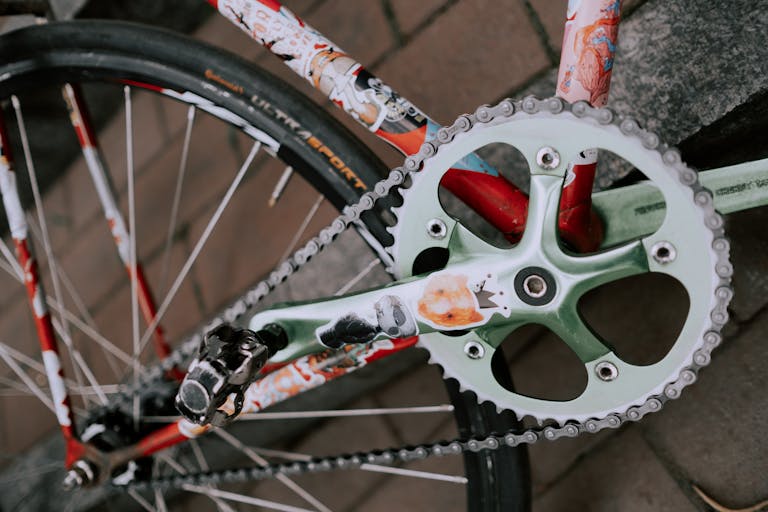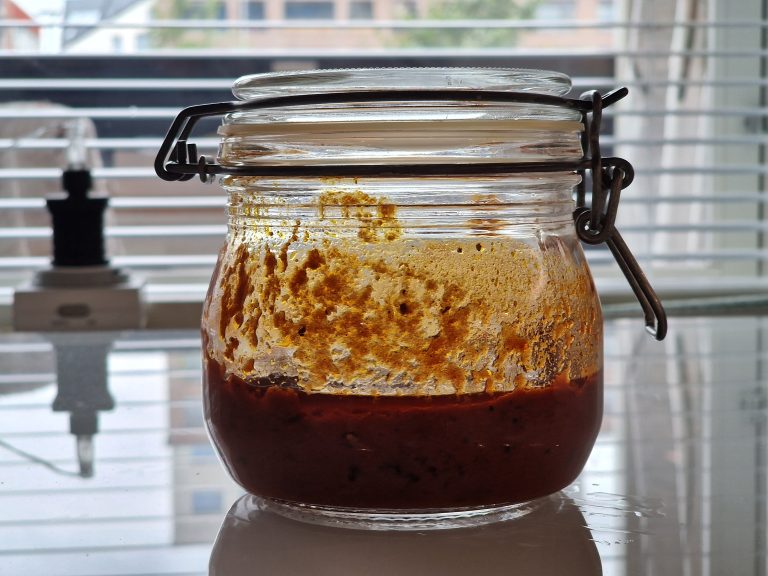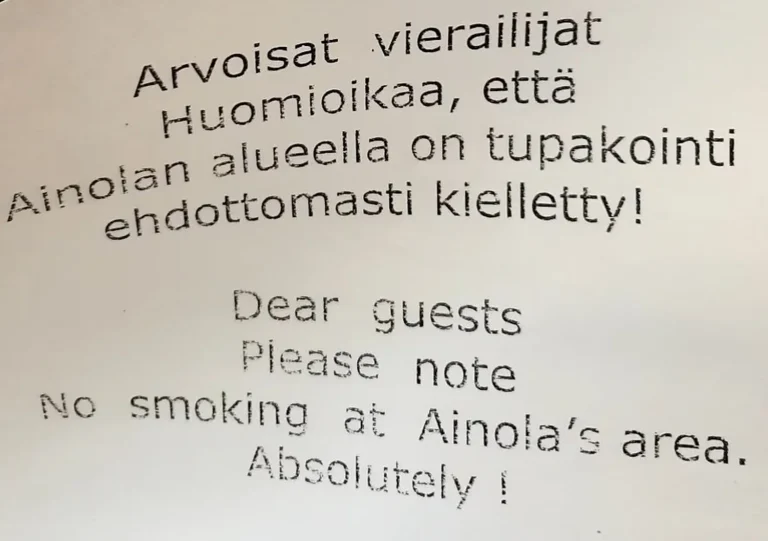Existentialism as the art of living
A wildlife photographer once said that AI now copies their images and that one day the copies will be better. They’ll adapt, they say, use AI themselves. I admire that resilience, but it makes me ask whether photography itself is another illusion. The photographer decides what we see, shapes the frame, controls our gaze — in a sense, steals our looking. That’s where the real danger lies: passivity. We’ve become passive admirers of the photographer, the artist, the teacher. We marvel at their work instead of creating our own, convincing ourselves that admiration is participation. It isn’t. We could write, draw, make music, decorate our homes, learn languages, teach, or take our own photographs. Creativity isn’t vanity; it’s how we reclaim our power and recognise the flaws and humanity in what others make.
Kieślowski’s film Dekalog stays with me — ten short films based on the commandments. In the first, a father builds a computer model to calculate whether the ice on a lake is safe for his son to skate on. He trusts the numbers completely. The computer becomes his god. The machine says the ice is safe; his son drowns. The tragedy isn’t about faith or atheism but about surrender — about giving your power to something outside yourself.
That’s what makes the film so Kierkegaardian. Both Kierkegaard and Kieślowski understood that the greatest mistake is to hand your freedom to a system — whether a machine, an institution, or a religion. If you make a religion itself your god — the rituals, the rules, the comfort of certainty — you’ve done the same thing as the man who trusts the computer. You’ve stopped thinking for yourself. People may gain stability, even peace, from faith, and Kieślowski knew that. He was right to be ambivalent. Faith can be beautiful, but blind faith, like blind logic, ends in tragedy. Because when our death day arrives, all of it — our plans, beliefs, routines — ends. It doesn’t half-end; it ends. Nobody wants to think about that, but it’s the truth we all avoid. Maybe that’s what “not making anything your god” really means: don’t build your life around something that will vanish. Don’t be passive in front of death.
So what does it mean to be active — to be truly alive? Some call it existential, though the word itself sounds pompous. In reality, it simply means taking responsibility for being alive: learning, exploring, and experiencing because time is limited. It might mean learning to bake a better bread pudding and discovering that good ingredients change everything; learning the art of sewing and realising it’s not bound by gender; going for an extra-long run and feeling the quiet pride of finishing it; replacing a wheel bearing on a bicycle that once looked impossible but turns out to be simple; or printing something for the first time on a 3D printer. You don’t need a qualification for any of it — just curiosity and the awareness that you’re still here, still capable of learning. That’s living existentially.
To live this way isn’t to drift in theories of despair or meaninglessness. It’s to be awake to life — to keep learning, discovering, repairing, baking, questioning. It’s not about what happens to you but what you do with what happens. You can enjoy all the small things in life, yet remember: you don’t have to be passive.



